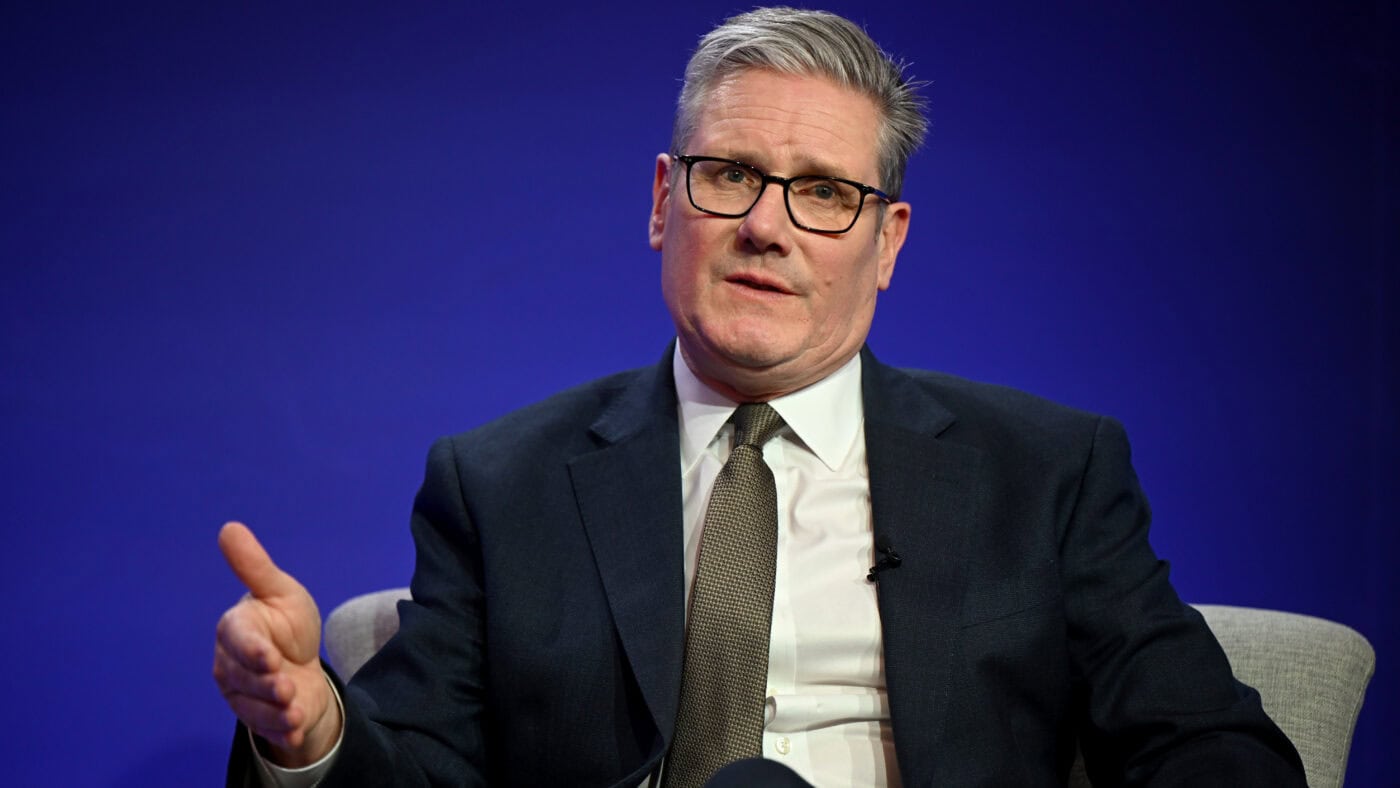I sometimes wonder if the Prime Minister genuinely sees himself as a radical, decisive, high-minded leader with the ‘laser-like’ focus of which he speaks so often. Certainly he talks the talk: when he appointed Chris Wormald as the new Cabinet Secretary and head of the Civil Service earlier this month, Keir Starmer described his task as ‘breaking down silos across government to harnessing the incredible potential of technology and innovation… nothing less than the complete re-wiring of the British state to deliver bold and ambitious long-term reform’.
Wormald has picked up the rhetorical baton and run with it. This week, he issued an all-staff message in which he reminded his half a million subordinates that they would be expected to ‘do things differently – from working much more effectively across departments to taking advantage of the major opportunities technology provides’. The Cabinet Secretary is trying to paint a more positive vision of the Civil Service’s future after the Prime Minister’s weirdly aggressive and ill-judged speech unveiling the government’s ‘Plan for Change’. Starmer had repeated his zombie-like warning of ‘difficult decisions’, and astonished many by complaining that ‘too many people in Whitehall are comfortable in the tepid bath of managed decline’.
There is a lot of speechifying, but it is not clear that the Prime Minister or his chosen Civil Service chief really have ideas or willpower for anything more than modest, incremental nudges. Chris Wormald’s appointment in itself seemed significant.
Of the four shortlisted candidates to replace Simon Case as cabinet secretary – the others were Olly Robbins, Antonia Romeo and Tamara Finkelstein – Wormald was the unadventurous choice. An Oxford history graduate, he has been a civil servant for 33 years, all of them spent in Whitehall, and became a permanent secretary in 2012. For the past eight years, he has run the Department of Health, not regarded as an exemplar of efficiency or in the vanguard of change.
His message recycles the haziest and most unoriginal good intentions. ‘Working much more effectively across departments’ has been a theme of Whitehall reformers for many decades: when Winston Churchill became prime minister for the second time in 1951, he attempted to corral groups of ministries under the supervision of senior non-departmental ‘overlords’, mainly wartime cronies like Lord Woolton and Lord Leathers, but it was not a success.
Similarly, Wormald’s ritualised obeisance to ‘the major opportunities technology provides’ is unenlightening. The late Roy Jenkins believed that a sentence was only interesting if one could imagine a sane man saying the opposite, and by that measure Wormald’s words are the epitome of ennui. Of course, Whitehall will and must engage with new technology, but we are none the wiser as to what that might mean in practical terms.
We should not judge Wormald too harshly, as his lukewarm reformism – one might even call it a tepid bath – only reflects the nebulous instincts of the Prime Minister. The Labour Party’s election manifesto dripped with references to ‘mission-driven government’, and the promises made sounded radical enough:
A new way of doing government that is more joined up, pushes power out to communities and harnesses new technology, all with one aim in mind – to put the country back in the service of working people.
Before her sudden fall, Sue Gray, Starmer’s chief of staff and a former permanent secretary, had alluded to transforming the machinery of government, with ‘mission delivery boards’ and the possibility of introducing citizens’ assemblies to examine major policy issues.
I know Whitehall and it will try to mould the new government and ministers into its way of working… What I’m trying to do now in opposition is establish our way of working so we can walk in and start delivering… Even so, there’ll still be some departments who’ll struggle with that.
Reality has fallen far short of that. The mission delivery boards, which were to be chaired by the Prime Minister himself as a mark of their importance, have limped into existence under the relevant departmental ministers; with no direct executive or budgetary powers, they are hard to distinguish from traditional cabinet sub-committees.
Nor has the landscape of Whitehall been transformed. Starmer moved the Government Digital Service and the Incubator for Artificial Intelligence from the Cabinet Office to the Department for Science, Innovation and Technology, and brought responsibility for EU relations into the centre from the Foreign Office, but this is small beer.
The Prime Minister and his Cabinet Secretary are saying some of the right things. It is not a panacea, but Whitehall does need substantial institutional change and in terms of working practices and culture. Like the worst caricature of a medieval priest, however, Starmer intones the words with reverence without any suggestion that he understands them.
He may see himself as a bold and transformative figure. As the New Year draws close, he might reflect on the words of Robert Burns, whose annual celebration is a month after Christmas:
O wad some Pow’r the giftie gie us/To see oursels as ithers see us! It wad frae mony a blunder free us/An’ foolish notion.
Loosely translated, Keir Starmer needs to wake up and think about what genuine, effective Whitehall reform would look like. It is not this.
Click here to subscribe to our daily briefing – the best pieces from CapX and across the web.
CapX depends on the generosity of its readers. If you value what we do, please consider making a donation.


